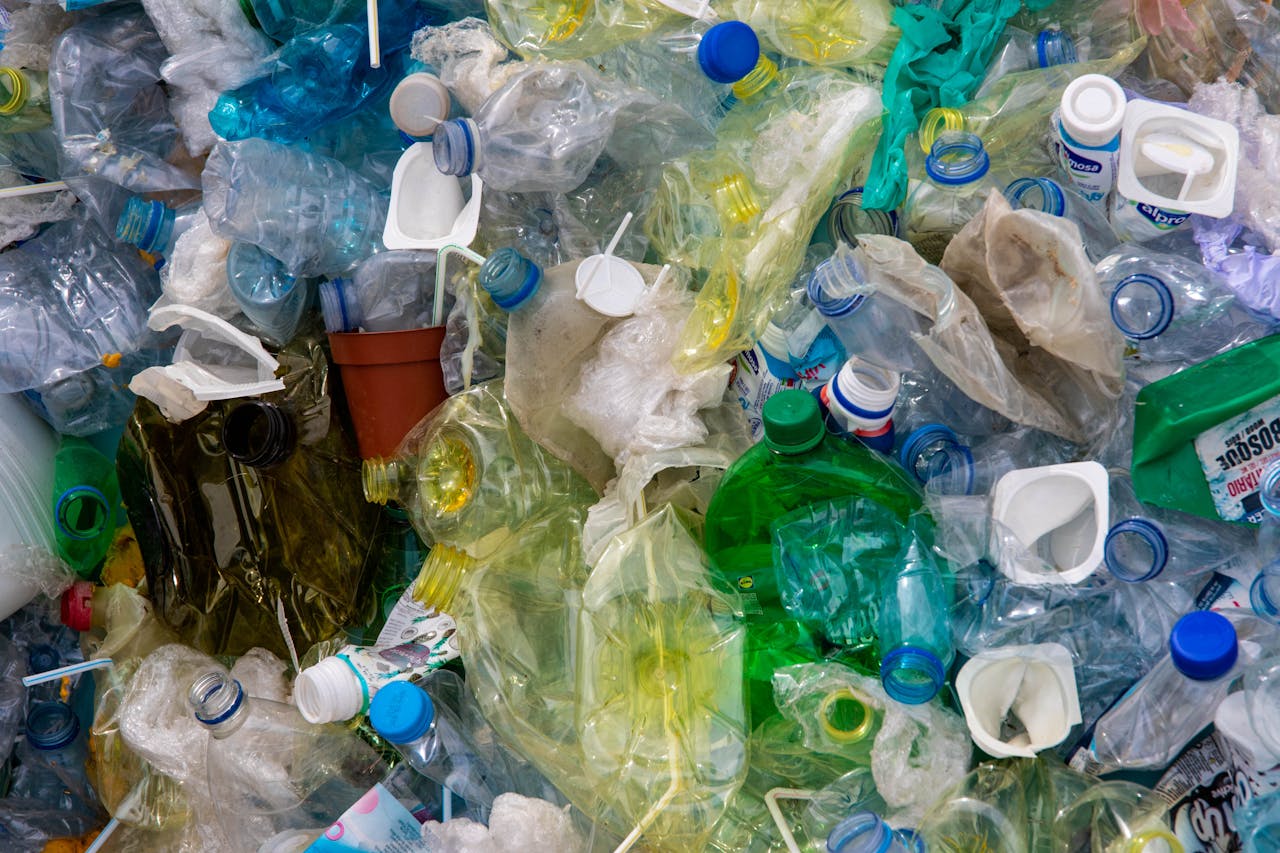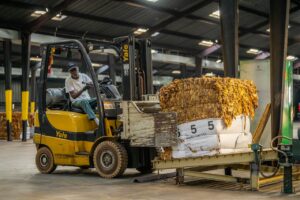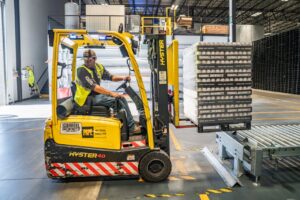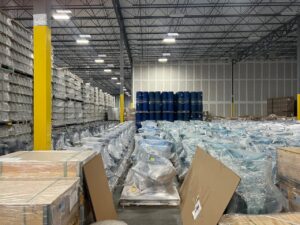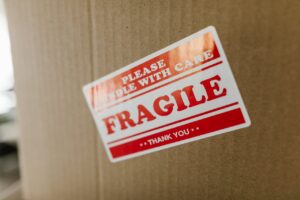
By launching a zero-waste program, you can reduce your environmental footprint and potentially save (or even earn) money in the process. At Vulcan Wire—we’ve seen plenty of businesses transform their waste piles into something more profitable (and more sustainable).
Below is a friendly, step-by-step guide to making zero waste happen in your operation.
Start with a Waste Audit
Before you roll out a new recycling bin or purchase balers, know what you’re dealing with. Perform a waste audit to figure out exactly what’s in your trash. Are you throwing away piles of cardboard that could be baled and recycled? Is there a significant amount of plastic wrap you could eliminate?
A thorough audit shows you where to focus first—maybe it’s cardboard, maybe it’s shrink wrap, or maybe it’s food scraps if you’re in the grocery or retail business. Once you identify the big culprits, you can craft a plan to reduce, reuse, or recycle more effectively.
Set Realistic (and Measurable) Goals
A zero-waste program isn’t an overnight fix. You’re aiming to greatly reduce the trash that heads to a landfill, but it helps to set smaller, achievable milestones along the way. Maybe your initial target is to cut landfill waste by 30% in six months. Or you aim to recycle half of all cardboard used in your facility by the end of the year.
You can use the 5Rs approach:
- – Refuse what you don’t need.
- – Reduce what you do use.
- – Reuse or repurpose items when possible.
- – Recycle whatever you can’t reuse.
- – Rot (compost) anything organic that would otherwise go in the trash.
With your big items (cardboard, plastic, etc.) nailed down, it’s often easier to see how using a baler and the right baling wire makes recycling easy. When you turn bulky materials into compact bales, you save space, cut disposal costs, and sometimes even earn a return when you sell them.
Get Your Team on Board
A zero-waste program works best when everyone knows why you’re doing it and how to keep it going. If you’re a warehouse manager, show your team the cost savings of properly baling and recycling cardboard. If you run a grocery store, let employees see how composting food waste can lighten the load on the dumpster.
- – Offer training: Even a quick 10-minute session can help people grasp how to sort items correctly.
- – Use clear signs: Mark specific bins for cardboard, plastics, or organics. Visual cues make it easier for staff to do the right thing.
- – Reward progress: Even a simple “thank you” or weekly shout-out can boost morale and buy-in.
Balers and More
One of the biggest game-changers for companies aiming for zero waste is a baler. By compressing cardboard, plastic, or other recyclables into dense bales, you:
- – Save on disposal: Fewer trips to the landfill can translate into direct cost savings.
- – Create a revenue stream: Many recyclers pay for well-baled, high-quality materials.
- – Improve safety and cleanliness: Loose cardboard can clutter your space and create hazards. Baling keeps everything neat and under control.
And of course, you need the right baling wire to secure those bales. We offer a wide range of wire products—from single-loop bale ties for smaller operations to high-tensile galvanized wire for heavy-duty applications—along with box wire if your baler uses that format. Not sure which wire fits your baler? Just ask. We’re happy to help you pick the right gauge and style to keep those bales tight.
Don’t forget about other materials you might need:
- – Steel strapping for heavier loads.
- – Polyester strapping for safer, rust-free load securement.
- – Stretch wrap film to bundle lighter items.
Track and Adjust
Use simple spreadsheets or digital tools to log how much waste you’re diverting to recycling or composting each week. Compare against your initial waste audit—are you sending fewer dumpsters to the landfill? Has your recycling revenue increased?
If you notice a dip in performance (like employees mixing trash with recyclables), figure out why. Maybe your signage needs an update, or you need additional training.
We help our customers monitor their baler performance and can provide preventative maintenance or baler tie service to keep machines running smoothly. An equipment breakdown can derail zero-waste momentum, so taking care of your baler is essential.
Ready to Give Zero Waste a Try?
Reducing waste can be surprisingly rewarding—environmentally, financially, and from a team-building standpoint. If you’re curious about how to maintain your baler, which wire would suit your materials, or what other packaging solutions might fit your operation, we at Vulcan Wire are here for you. Reach out to us anytime. We’re always excited to help businesses find practical, sustainable ways to tackle waste.




